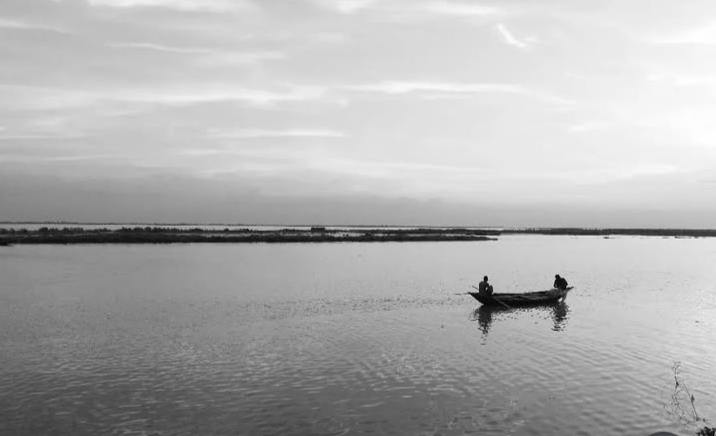Bangladesh is a land of rivers — flowing endlessly, shaping the land and its people. Alongside these rivers, a unique form of music has evolved that captures the soul of the boatmen, the sorrow of separation, and the silence of vast waters. This is Bhatiali, one of the most hauntingly beautiful genres of Bangladeshi folk music.
What is Bhatiali?
Bhatiali is a riverine folk genre, traditionally sung by boatmen while navigating the country’s numerous rivers. The name comes from "bhati," meaning the lower stream or downstream areas, especially of the Meghna and Padma rivers. It's a solo vocal genre, often unaccompanied or lightly backed by instruments like the dotara, ektara, or flute.
These songs echo through the open waters, capturing emotions that words alone cannot contain — longing, melancholy, separation, and hope.
Themes of Bhatiali
Bhatiali songs often explore:
- Separation and longing: A boatman away from home, yearning for his beloved.
- Nature and the river: The river becomes both a guide and a metaphor for life’s journey.
- Spirituality: Hidden within many lyrics are Baul-like mystic elements, searching for the divine within.
Lyrics are poetic, often improvised, and carried through generations orally. A typical Bhatiali might begin with:
“Majhi Baiya Jao Re, Amar Shonar Moyna Pakhi Re”(O boatman, take me across; my golden bird awaits me on the other side)
Cultural Significance
Bhatiali is more than music — it's a cultural identity. For riverine communities, it served as both entertainment and expression. It reflects the emotional depth of people living in constant touch with nature, navigating uncertainty with music as their companion.
This genre also intersects with other folk traditions such as:
- Baul (mystical folk)
- Bhawaia (northern sorrowful melodies)
- Jari-Sari (religious and narrative styles)
Legends of Bhatiali
Some iconic singers who brought Bhatiali to national attention include:
- Abbas Uddin Ahmed – considered a pioneer of recorded Bhatiali.
- Bhashani Gaanwala – known for authentic renditions in village fairs.
- Ayinuddin and Rashid Uddin – masters of oral Bhatiali traditions.
Today, contemporary artists like Fakir Alamgir and Momtaz Begum have also drawn from Bhatiali in their performances, blending tradition with modernity.
The Future of Bhatiali
In the era of urban life and digital music, traditional Bhatiali is at risk of fading. Yet, efforts by folk festivals, documentaries, and online archives are reviving interest among the youth. Platforms like YouTube and Spotify have introduced Bhatiali to global listeners.
Preserving Bhatiali means more than saving songs — it means honoring a heritage of resilience, emotion, and a deep connection with nature.
